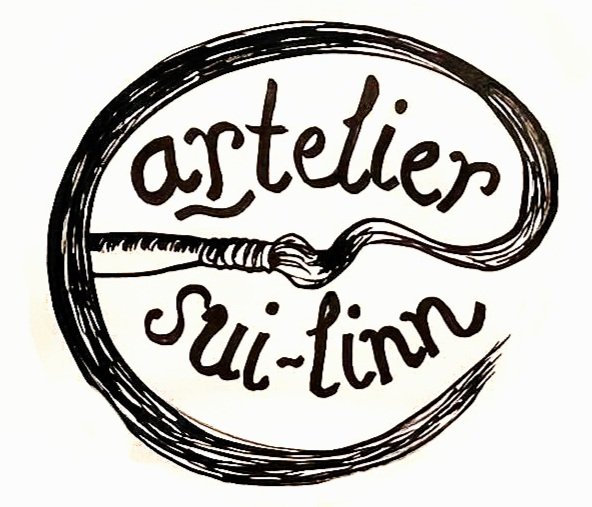Nurturing a child’s love of art
Observing the uninhibited immediacy of a child’s mark making and art making is one of the most joyful things about being a parent. A child’s ability to be lost in the moment, in a state of ‘flow’, oblivious to all else, is something we want to keep for as long as possible. When I was studying at university, I worked part time in child care, working with 2-5 year olds. I relished the opportunity to facilitate their play and experimentation with art making. At that time, little did I know that I would end up teaching high school kids, 12-18 years old, and later, having kids of my own.
What happens in those tween years that changes kids art making; seemingly taking away confidence and originality? One minute they can draw a dancing giraffe from their imagination without hesitation, the next minute they’ll only attempt copies from the internet. What can we do to maintain the level of confidence and delightful decisiveness from those early years?
In my experience, one of the greatest influences is when they are given a set of ‘rules’ on ‘how to draw a face’ or ‘how to paint a landscape’. And the result is a class set of almost identical artworks. Kids stop observing or feeling the subject matter for themselves and second guess themselves. Guidelines are useful, but only if we use them that way, and we practice applying them so we can know how to use them, and then maybe experiment by breaking away from them again. The other greatest influence is hearing the words “I can’t draw” or “I’m not creative” which introduces the idea that they also may not ‘f'it into that category’. And by the time they get to high school, they’ve labelled themselves that way and find it really hard to make an effort with tasks that require creativity, and the higher order thinking goes out the window.
Making art with your child is one way to maintain their confidence. Not everything needs to be a masterpiece; it’s the mistakes that help us learn and improve. Sometimes the mistakes can turn out to be the best work. I have loved seeing the turnaround of high school kids, mostly boys, who say “I’m not good at art and my mum/ dad says it doesn’t matter” when they discover that they can actually succeed AND enjoy making art, despite their perceptions.
